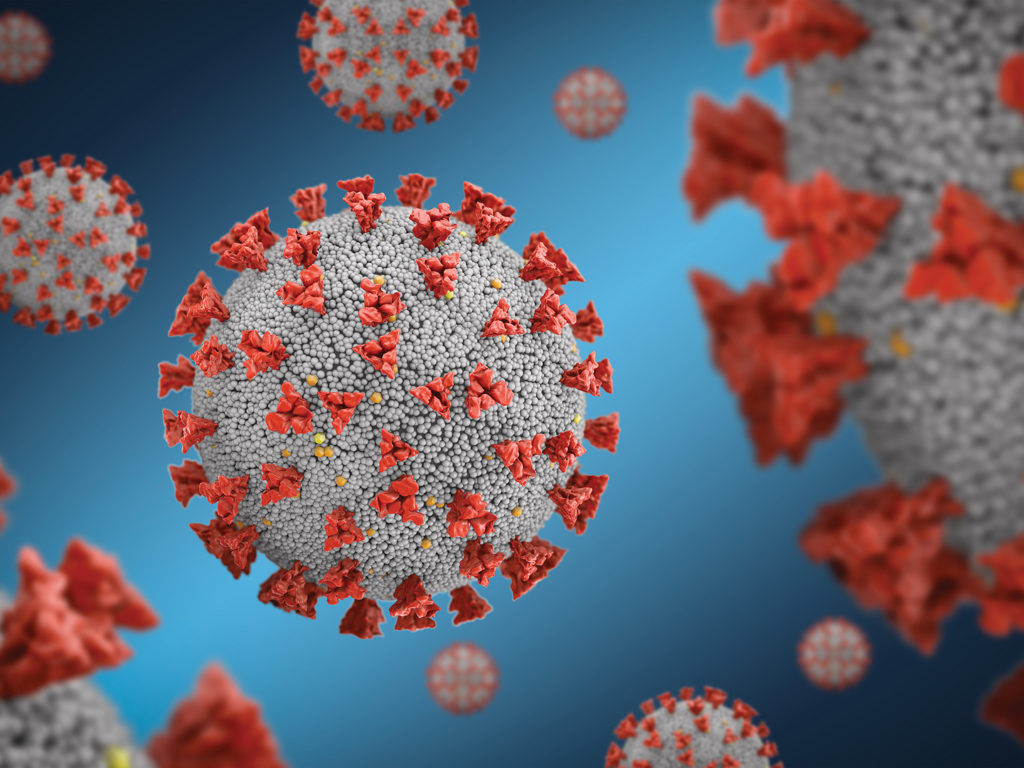Taking Animal-Grade Ivermectin Could Be Dangerous, Says Texas A&M Expert
Story by Aubrey Bloom, CVMBS Communications

The search for COVID-19 preventions and cures has been ongoing for over a year now, so it’s not surprising that the search has, at times, uncovered unconventional treatments. One that has recently started trending is Ivermectin, an anti-parasitic medication used in people and animals.
However, Texas A&M College of Veterinary Medicine & Biomedical Sciences associate dean of Global One Health Dr. Gerry Parker, both a Doctor of Veterinary Medicine and an expert in human physiology, said that taking Ivermectin without a prescription is dangerous.
“Ivermectin is approved for use in people, but only in the case of very specific parasitic diseases,” he said. “The products meant for animals have different ingredients and have a larger concentration of the active ingredient that could be dangerous to a human.”
While the U.S. Food and Drug Administration has researched a number of medications already on the market, including Ivermectin, that research is ongoing. At this point, the FDA has not approved Ivermectin to treat or prevent COVID-19.
The potential dangers of humans taking the animal-grade Ivermectin go far beyond the real and serious danger of overdosing; there’s also a possibility that ingredients in the medication could interact with other medications people are taking, according to Parker.
“Another concern is that not only does Ivermectin contain much larger concentrations of the active ingredient, but there are also ingredients used in the production of animal medicine that have not been approved for use in humans. They either haven’t been evaluated, or they could be in much larger quantities than has been approved for humans,” Parker said.
Parker reiterates that the main defense against COVID-19 continues to be the vaccination.
Parker worked on the front lines in Washington, D.C., last year assisting with the vaccine development through Operation Warp Speed; he also served on the Texas Expert Vaccine Allocation Panel earlier this year helping to organize the state’s vaccine rollout.
“The vaccines work,” said Parker. “They do a great job of reducing your risk of severe disease and death, and when you do have breakthrough infections, they do a great job of helping keep the symptoms to a minimum. The vast, vast majority of people in hospitals with serious cases are from the unvaccinated population.”
###
For more information about the Texas A&M College of Veterinary Medicine & Biomedical Sciences, please visit our website at vetmed.tamu.edu or join us on Facebook, Instagram, and Twitter.
Contact Information: Jennifer Gauntt, Director of VMBS Communications, Texas A&M College of Veterinary Medicine & Biomedical Sciences, jgauntt@cvm.tamu.edu, 979-862-4216


